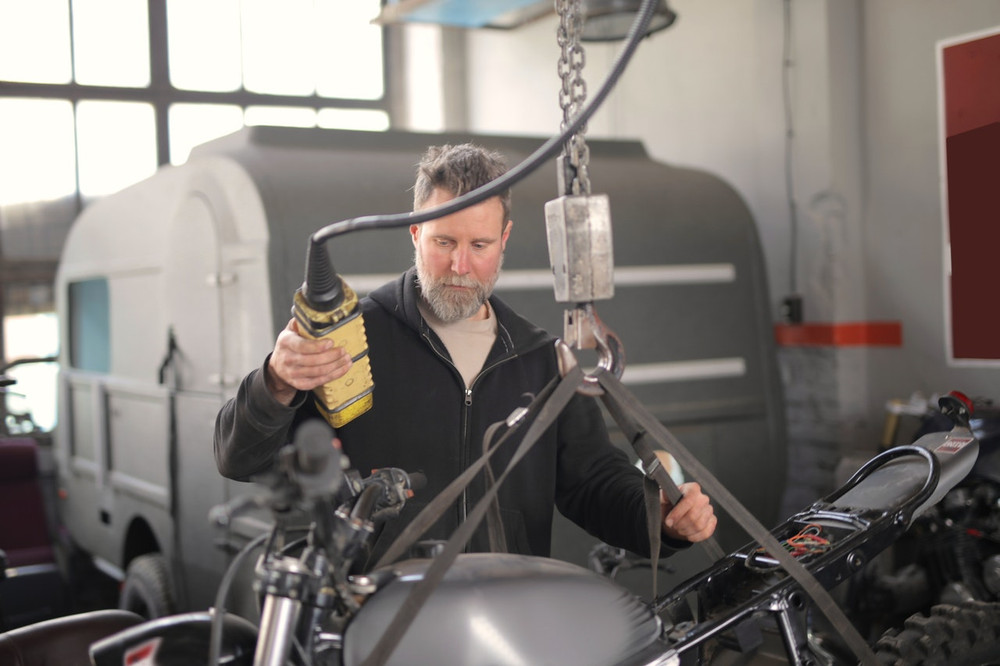3 Common Reasons Your Mobile Car Lift Isn't Working
18th Feb 2021
Vehicle lifts need to be properly calibrated, maintained, and operated for them to function as they should. Otherwise, they won’t reach their maximum lifting capacity, break down often, or won’t work at all.
Below are the common reasons your mobile car lift isn’t working.
1. Excessive load
Portable car lifts have maximum lifting capacities. It’s critical that you stay within the limit because mobile lifts can’t distribute weight as evenly as fixed post lifts. If you overload the lift, you might seriously damage the equipment or the vehicle. This can cause premature wear and tear, resulting in costly repair bills.
Overloading the lift can also cause grave injuries to the operator.
Before lifting a vehicle, make sure you carefully calculate the axle weight and load distribution of the car. This will ensure that you’re using the correct number of columns to evenly distribute the vehicle’s weight. Use the front and rear axles when lifting the car so that no side load is applied on any column.
If your auto repair shop frequently services heavy trucks, make sure you purchase a heavy-duty mobile car lift with at least six columns.
2. Poor car lift maintenance
Poor maintenance is another culprit of car lift problems. If you don’t inspect your mobile lift regularly, you might be missing critical technical issues. These complications can worsen if neglected, dealing permanent damage to your portable lift.
Additionally, mobile column lifts are portable. They face a greater risk of damage compared to fixed post lifts because they are often moved around the shop and could collide with other objects. This means your portable car lift requires more conscientious maintenance.
Perform daily inspections before using the equipment to ensure its serviceability. Take it in for a more thorough assessment every six months. Here, the specialist checks the following:
- Steel wire ropes, lifting chains, carriage rollers, and pulleys
- Internal electrical connections and components, including the motor
- Operation of lifting arm locking devices
- Signs of corrosion, wear, or damage
- Drive chains, sprockets and bearings
3. Improper equipment use
Remember to always follow standard lift loading and lifting procedures and manufacturer instructions to prevent accidents and bodily injuries. Improper use of the equipment can also result in mechanical issues, which are expensive to have repaired.
Make sure to train your staff about proper equipment usage. This will reduce the risk of personal injury to themselves, other workers, and customers.
Provide a refresher course every two years to make sure your entire staff remains competent in the use of vehicle lifts.
Remember to source your auto equipment only from legitimate distributors. Mobile column lifts are investments for the success of your repair shop, so you want to ensure that you’re getting your money’s worth.
Trusted Automotive Equipment Distributor
If you want to learn more about mobile column lifts, JMC Automotive is here to guide you. We’re a trusted provider of automotive equipment in Delaware, meeting the varying needs of car restoration hobbyists and auto shop owners. We partner with popular household brands, including Hoffman, Ranger, and Corghi, among others.
Visit our blog for more information about mobile car lifts and other auto equipment. For inquiries about our products, fill out our online form.

